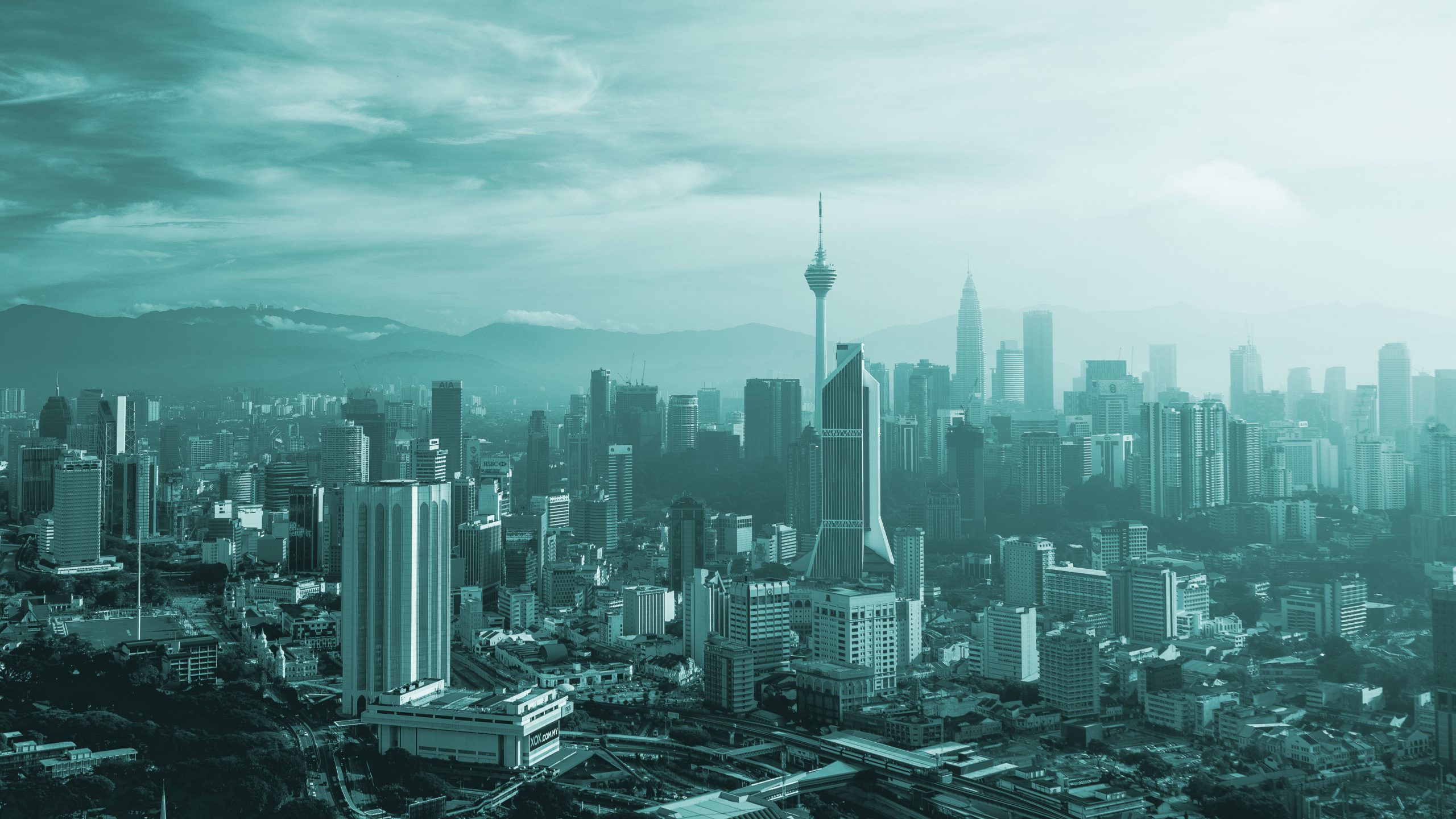Retiring abroad is an attractive idea for many people. Imagine having the freedom to spend your days wherever and however you like in a new country; it’s a dream for enthusiastic travelers. But once you decide to move abroad and understand what it involves, you face the important question of where to go.
Moving to a different country can be challenging, but there are some countries that are especially welcoming to retirees from abroad. In fact, some of these countries offer exciting incentives. For instance, in certain small towns in France, Spain, and Italy, you can buy homes in need of fixing for just one euro to encourage foreign investments. Other places directly entice retirees and pensioners to relocate with visas that promise tax cuts and special discount programs, making your U.S. dollars stretch further.
Here are six countries in Europe, Southeast Asia, and Latin America that stand out for offering excellent incentives to retirees, making the idea of making this big move truly worth considering.
Panama
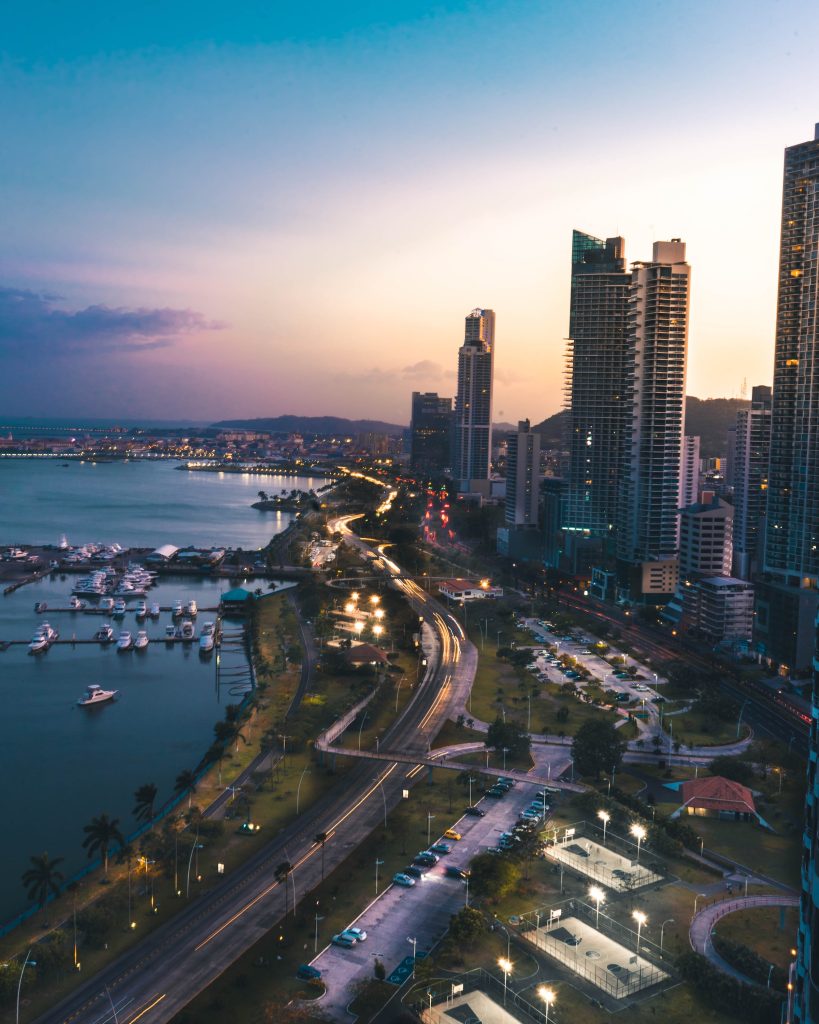
Panama is an enticing destination for American retirees for several reasons. First, the official currency, the Balboa, is on par with the U.S. dollar, making it convenient for Americans to understand costs. Additionally, the cost of living is relatively low compared to the US and UK, where the local average salary range was around $400 – $500 per month as of 2015 and so a budget of $2,900 per month can see you living very comfortably.
The main draw for retirees is the Panama Pensionado visa, which has been attracting foreign nationals since its inception in 1987. This visa comes with a host of discounts that can make retirement life more affordable and enjoyable. For instance, those who qualify for the visa receive exemptions on import taxes for household goods up to $10,000 and can get a new car every other year without paying import taxes.
Moreover, retirees can enjoy significant discounts on various expenses, such as utility bills (25 percent off), dental exams (15 percent off), and transportation services (up to 30 percent off). The perks don’t stop there – the visa entitles retirees to discounts on hotel stays, theater performances, and even airline tickets.
Here is a summary of the benefits of the Panama retirement visa:
- One time Duty tax exemption for household goods up to a total of $10,000.
- Duty exemption for importing a new car every two years.
- 50% off entertainment anywhere in the country (movies, concerts, sports)
- 30% off bus, boat, and train fares
- 25% off airline tickets
- 50% off hotel stays from Monday through Thursday
- 30% off hotel stays from Friday through Sunday
- 25% off at restaurants
- 15% off at fast-food restaurants
- 15% off hospital bills (if no insurance applies)
- 10% off prescription medicines
- 20% off medical consultations
- 15% off dental and eye exams
- 20% off professional and technical services
- 50% reduction in closing costs for home loans
- 25% discounts on utility bills
- 15% off loans made in your name
- 1% less on home mortgages for homes used for personal residence
(Benefits summary sourced from: International Relocation Firm, 2023)
To be eligible for the Panama Pensionado, you need to be at least 18 years old and have a verifiable lifetime pension or income of $1,000 per month. If your monthly pension falls between $750 and $999, you can still qualify by investing in local property valued at a minimum of $100,000.
Given the income range expected, those with a healthy savings pot, or who practice F.I.R.E. via dividend payments or regular withdrawals can also make use of the visa. It’s also important to note that dividends are currently untaxed which helps make your money go further and to spend more time in the country.
Requirements: All applications for this visa must be submitted in Panama, and a Panamanian lawyer should handle the process. With these benefits and requirements in mind, retiring in Panama becomes an attractive proposition for those seeking a comfortable and discounted lifestyle in a vibrant and beautiful country.
Greece
Greece is a fantastic option for retirees with money to invest. Since 2013, Greece has been offering the Greece Golden Visa, granting five-year permanent residency to anyone who invests around $301,892 or more in local real estate. After five years, you can renew your residency (if you still own property), and after seven years, you can apply for citizenship.
What’s even more enticing is Greece’s recent proposal for a seven-percent flat tax for foreign nationals transferring their tax residence to Greece. This means that any pensions, rental income, and other transferable investments will be taxed at only seven percent for up to 10 years. Compared to tax rates in the U.S. that can range from 10 to 37 percent, this is a significant benefit.
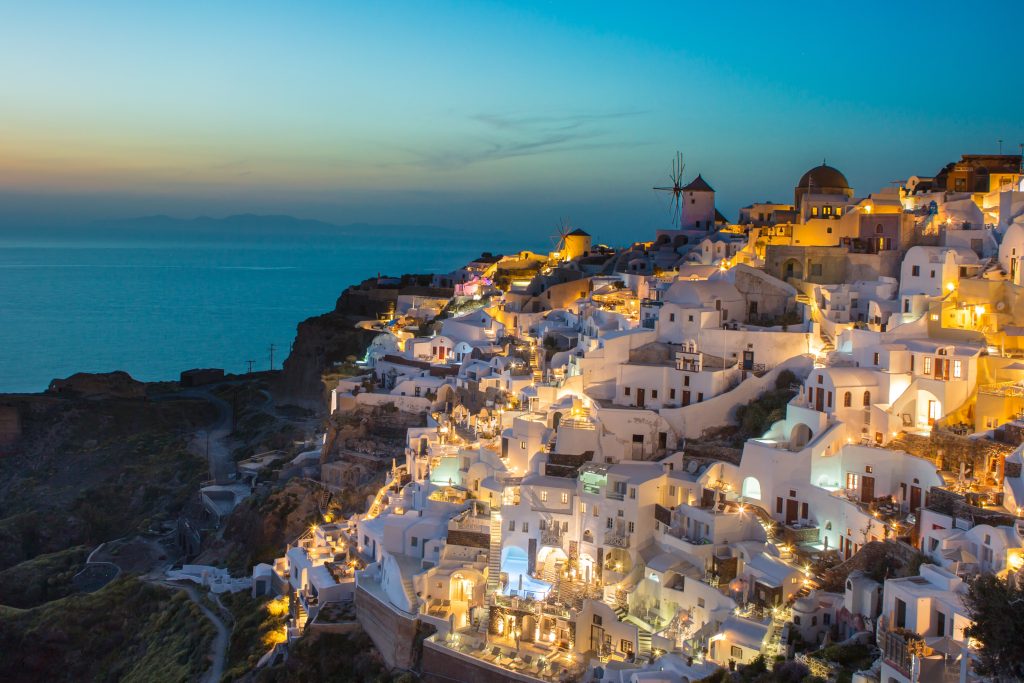
Requirements: To qualify for the flat tax, you don’t need to invest in local real estate or permanently reside in Greece. The main goal is to attract foreign investments, so the government hopes you’ll spend money in Greece. Anyone interested in the flat tax can take advantage, regardless of their age. However, you can’t have paid taxes in Greece over the last five years, and the country or nation you’re transferring your tax residence from must have a tax agreement with Greece. Fortunately, the U.S. income tax treaty with Greece qualifies, ensuring you won’t have to pay taxes twice.
Malaysia
Read the full country guide here
The Malaysia My Second Home (MM2H) programme may not offer permanent residency or citizenship, but it’s a fantastic option for enjoying the benefits of retiring abroad without fully retiring. If you’re 50 years or older, you can still work part-time with an MM2H visa, as long as your work doesn’t take jobs away from Malaysian nationals. For example, retirees with expertise in English literature can teach at a university, or expat professors with specialized skills can work up to 20 hours per week.
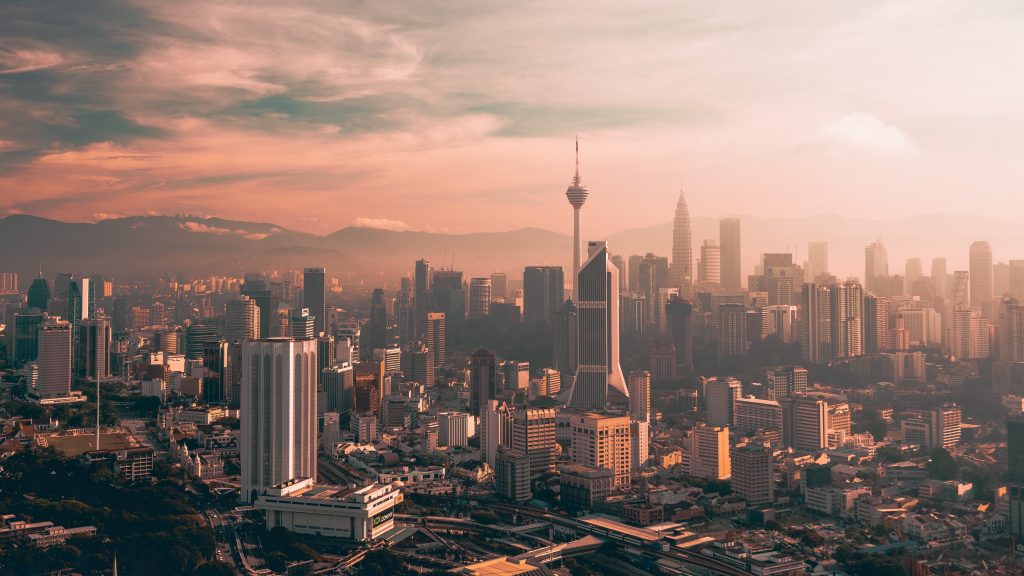
Successful applicants receive a 10-year, multiple-entry visa that can be renewed. Plus, you’ll enjoy a tax exemption on all the money you bring with you. Buying property in Malaysia is also possible, with approval from local state authorities. While the usual minimum price for property is $242,395, MMH2 visa holders in select states, like Penang, may find lower requirements. One great advantage is that there’s no inheritance tax in Malaysia, making it easier to pass on assets to your descendants.
Requirements: To apply for the MM2H program, if you’re 50 years or older, you need to prove you have liquid assets worth at least $84,839 (cash, bonds, stocks, etc.) and a regular monthly pension of $2,500. Once approved, you’re expected to deposit at least $36,360 of those assets into a Malaysian bank account. After one year, you can withdraw a third of your savings for essential expenses like medical bills or buying a car. If you’re 50 and under, you can also apply for the MMH2 program, but you’ll need assets of at least $121,198, with $72,719 going into a Malaysian bank account upon approval. All applicants, regardless of age, need a Malaysian sponsor (a registered MM2H agent is acceptable), and health insurance that’s valid in Malaysia.
Portugal
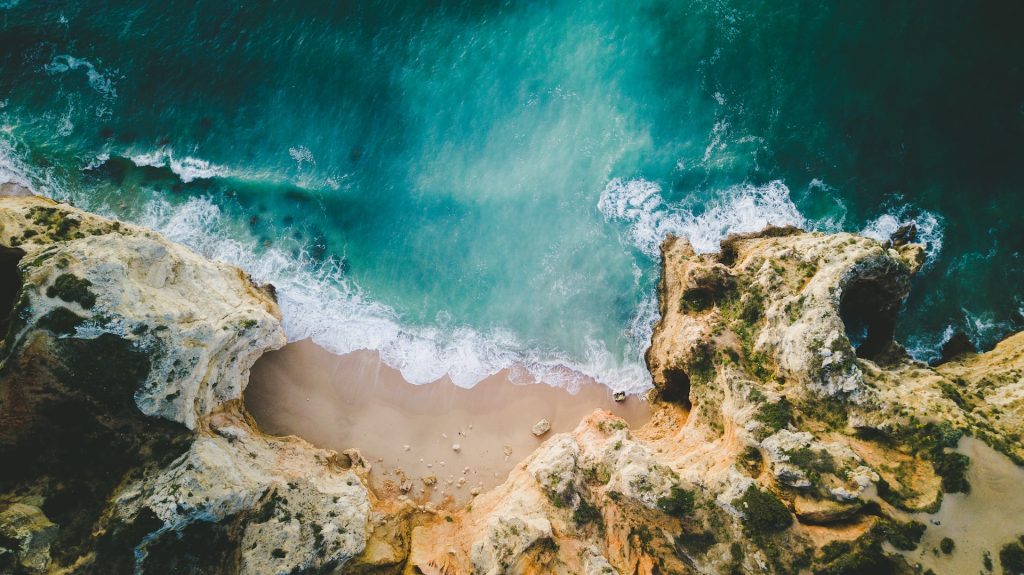
Portugal offers a popular program called the Golden Visa, which uses tax perks to attract foreigners. If you invest $422,705 or more in a Portugal property (the amount increases to $603,865 or more from January 1, 2022), you’ll get a two-year residency permit for yourself and your immediate family. The Golden Visa also includes a tax exemption on most foreign income, such as pensions, dividends, and real estate investments, for up to 10 years. You can renew the visa every two years by spending at least two weeks in the country during that period.
Another great option is Portugal’s D7 Passive Income Visa, suitable for both retirees and semi-retirees. This program lets you become a non-habitual resident and enjoy the tax benefit mentioned earlier. You can also work while in Portugal, whether it’s as a digital nomad or being employed at a Portuguese-run business. The D7 visa grants access to the country’s healthcare system. The visa is valid for two years and can be renewed for three more years. After five years, you can even apply for permanent citizenship.
Requirements: To apply for the D7 visa, there are no age restrictions, but you must demonstrate an annual passive income of at least $9,194 or €8,460 per year (plus $4,345 per adult and $2,606 per dependent), which is equivalent to the current minimum wage in Portugal. To qualify for the Golden Visa, you must not have paid taxes in Portugal over the last five years.
Nicaragua
Nicaragua is a captivating destination with its volcanoes, freshwater lakes, and wildlife-filled rainforests, attracting foreign retirees with enticing financial perks. Retirees can import up to $20,000 worth of household items, like furniture and clothing, and bring in a car valued up to $25,000 without paying any import duties. One of the most appealing incentives is that all foreign income is tax-free.
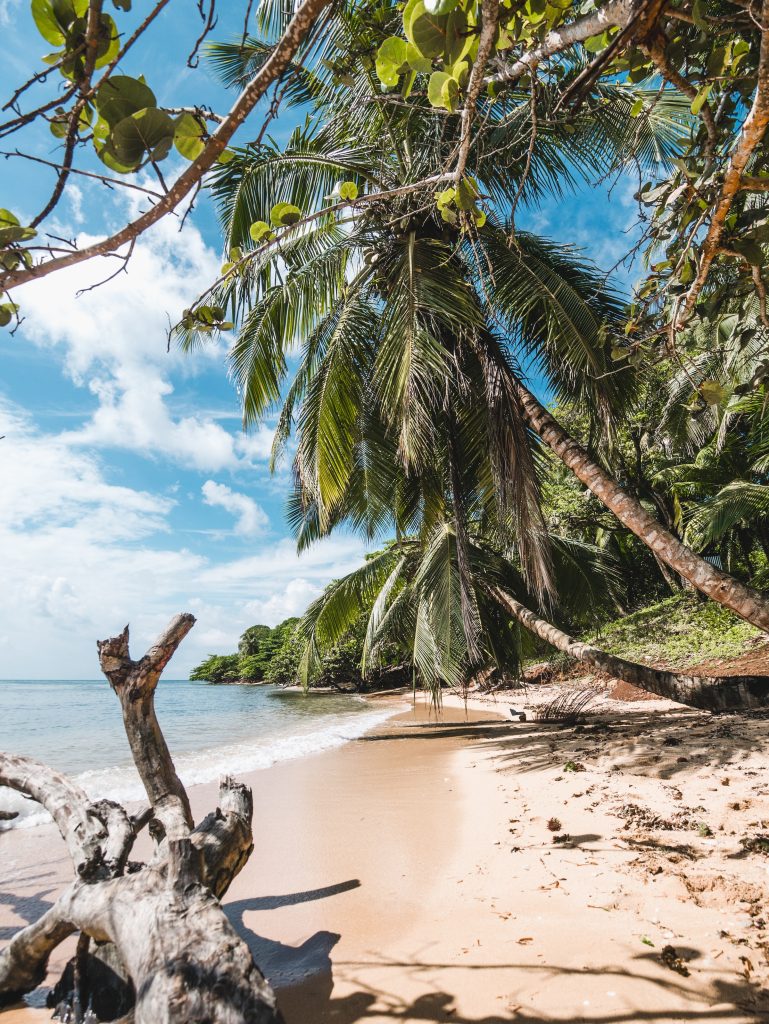
The advantages of Nicaragua’s Pensionado Residency programme extend beyond these perks. The program is renewable after five years, and once you receive your residency card (which may take up to 6 months after applying), you can do much more. It grants you retiree status, allowing you to open a local bank account, use credit for shopping, and even get a local phone plan. For those interested in building a home, retirees can purchase up to $50,000 worth of construction materials without paying taxes.
Requirements: To retire in Nicaragua as a foreign national, you can be as young as 45 years old, provided you have a permanent passive income of at least $600 per month (plus $150 per month for each dependent). To maintain your residency status, you are required to spend at least six months per year in the country, which can be non-consecutive visits. Nicaragua offers an enticing package of financial benefits and natural wonders, making it an attractive choice for retirees seeking a fulfilling and cost-effective retirement.
Philippines
The Philippine Retirement Authority (PRA) offers various retirement options to attract foreign nationals. These include visas for retired armed forces officers and pensioners aged 35 and above who need medical assistance. However, the most common option is the Special Resident Retiree’s Visa (SRRV).
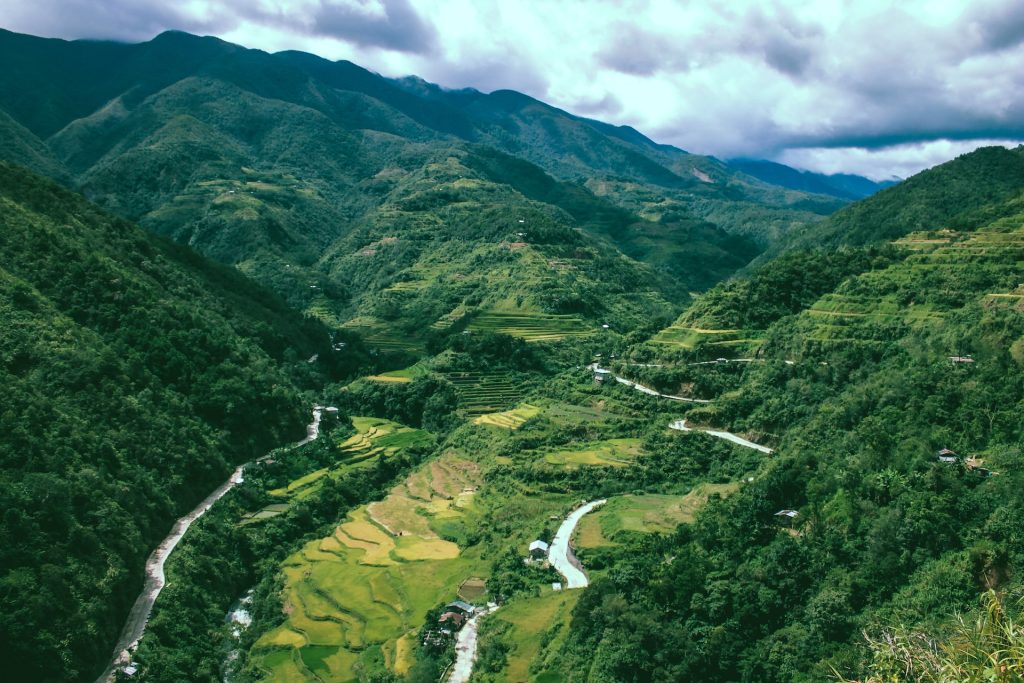
The SRRV comes with many benefits. You can import $7,000 worth of household items into the Philippines tax-free, and you have the freedom to work, study, and buy property. Access to the country’s universal health care program, PhiHealth, is also included. Moreover, you get discounts at PRA-accredited businesses, assistance in dealing with other government agencies, and an exemption from taxes on pensions and other foreign-earned annuities.
Requirements: To apply for the SRRV, you must be 50 years or older and have a proven pension of $800 per month (or $1,000 per month for couples). You’ll also need to deposit $10,000 in a Philippine bank account. If you’re 50 or older but don’t have a monthly pension, you can qualify by depositing $20,000 in a local bank account instead. The Philippines offers attractive retirement options for foreigners seeking a comfortable and enjoyable retirement experience.
